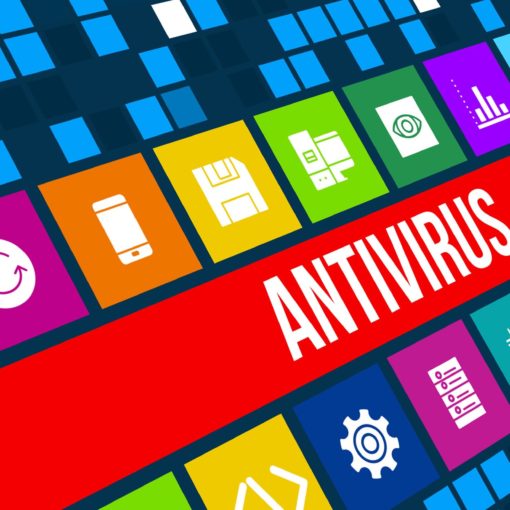Certainly! Here’s an essential cybersecurity checklist for safe summer travel:
- Update and Secure Devices: Ensure that all your devices, including smartphones, laptops, and tablets, have the latest operating system updates and security patches installed. Enable automatic updates whenever possible.
- Use Strong, Unique Passwords: Create strong and unique passwords for all your accounts, including email, social media, and online banking. Consider using a reputable password manager to securely store and generate passwords.
- Enable Two-Factor Authentication (2FA): Activate 2FA wherever possible, especially for critical accounts like email and banking. This adds an extra layer of security by requiring a second verification step, such as a code sent to your phone or a biometric scan.
- Be Wary of Public Wi-Fi: Avoid using public Wi-Fi networks for sensitive activities like online banking or accessing confidential information. If you must use public Wi-Fi, consider using a virtual private network (VPN) to encrypt your internet traffic and protect your data.
- Secure Your Home Network: Before leaving, ensure that your home Wi-Fi network is properly secured with a strong password and encryption. Disable remote management features and change the default login credentials for your router.
- Disable Automatic Wi-Fi Connections: Disable the feature that automatically connects your device to available Wi-Fi networks. This prevents your device from connecting to potentially malicious networks without your knowledge.
- Use Secure Payment Methods: When making online purchases or using ATMs abroad, opt for secure payment methods such as credit cards or digital wallets. Avoid entering sensitive information on unfamiliar or suspicious websites.
- Backup Important Data: Back up your important data before traveling. Use a cloud storage service or an external hard drive to ensure you have a copy of important files in case of loss, theft, or damage to your devices.
- Be Cautious with Social Media: Be mindful of the information you share on social media platforms while traveling. Avoid posting about your exact location or travel plans, as it may make you a target for potential thieves or scammers.
- Stay Vigilant for Phishing Attempts: Be cautious of suspicious emails, text messages, or phone calls asking for personal information or login credentials. Avoid clicking on unknown links and verify the legitimacy of communication before providing any sensitive data.
Remember, maintaining good cybersecurity practices is crucial while traveling to protect your personal information and devices from potential threats by Avast Antivirus UK . Safe travels!

